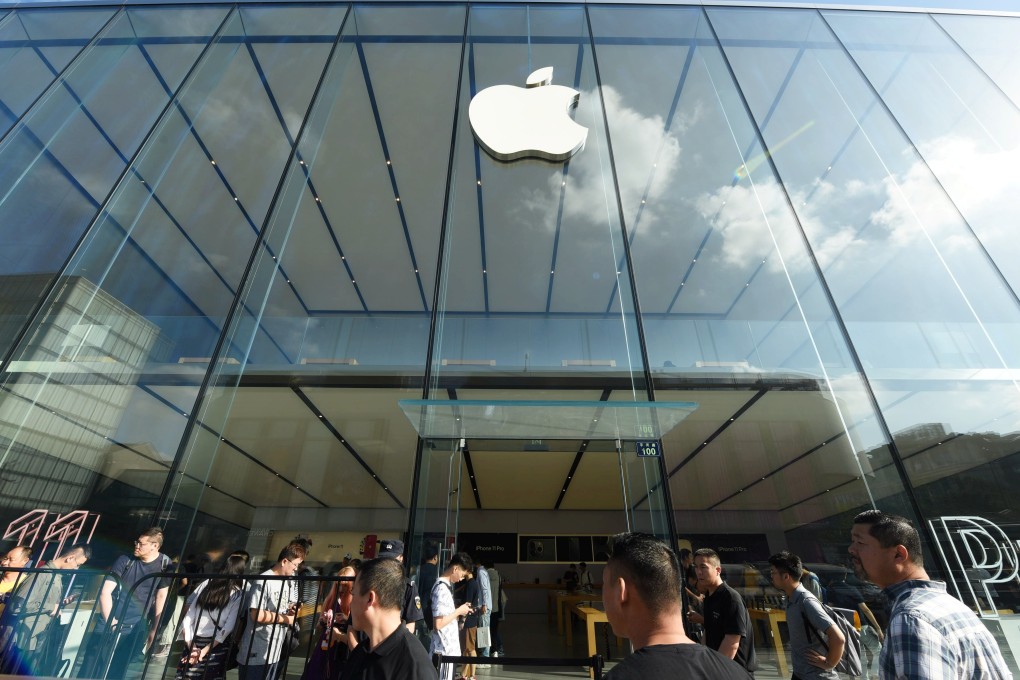China’s one-sided capital account controls face backlash as US weighs curbs on investment
- Beijing’s policy of strict controls on outbound capital is facing backlash in Washington and causing potential investors to drag their feet, analysts say
- White House is reportedly discussing ways to restrict US capital flows into China amid ongoing trade war

China’s one-sided capital account controls, which encourage inflows but curb outflows, have started to see a backlash from the United States and institutional investors, a development that could cut the country’s financial links with the rest of the world.
The news came after the investment index provider, FTSE Russell, decided last week not to include China in its flagship World Government Bond Index, meaning the country is missing out on billions of dollars of extra investment each month.
The hallmark of a mature financial market, is that anybody who wants to participate in it can come in and can come out
The decision reflects caution among global institutional investors over China securities, although Bloomberg Barclays began adding Chinese sovereign debt to its aggregate index in April and JPMorgan Chase is expected to start including some Chinese bonds in February.